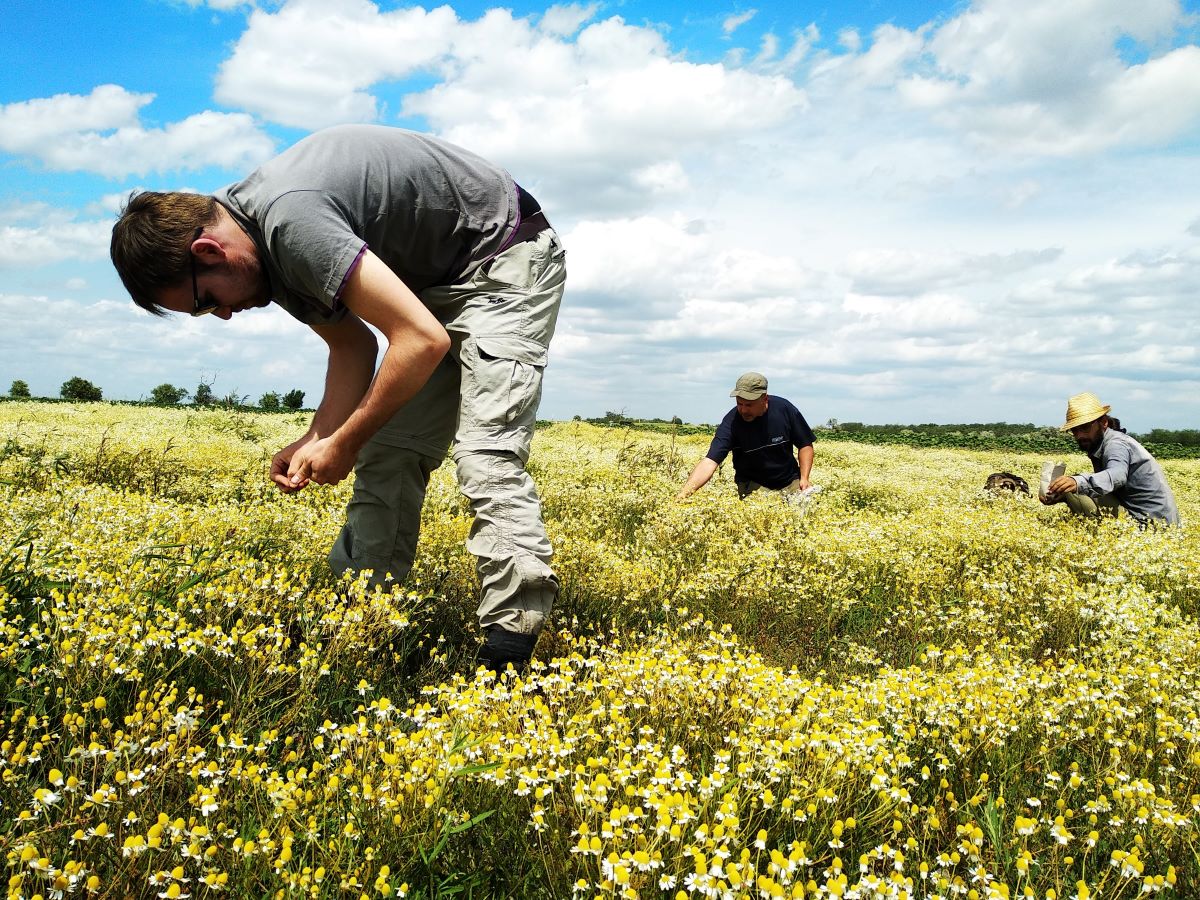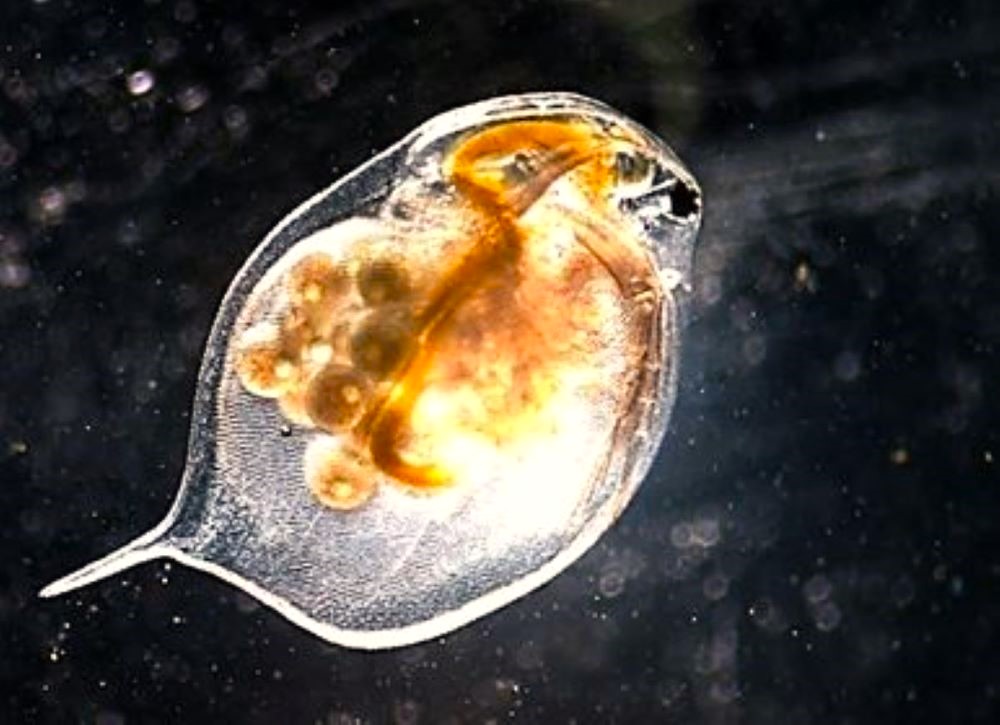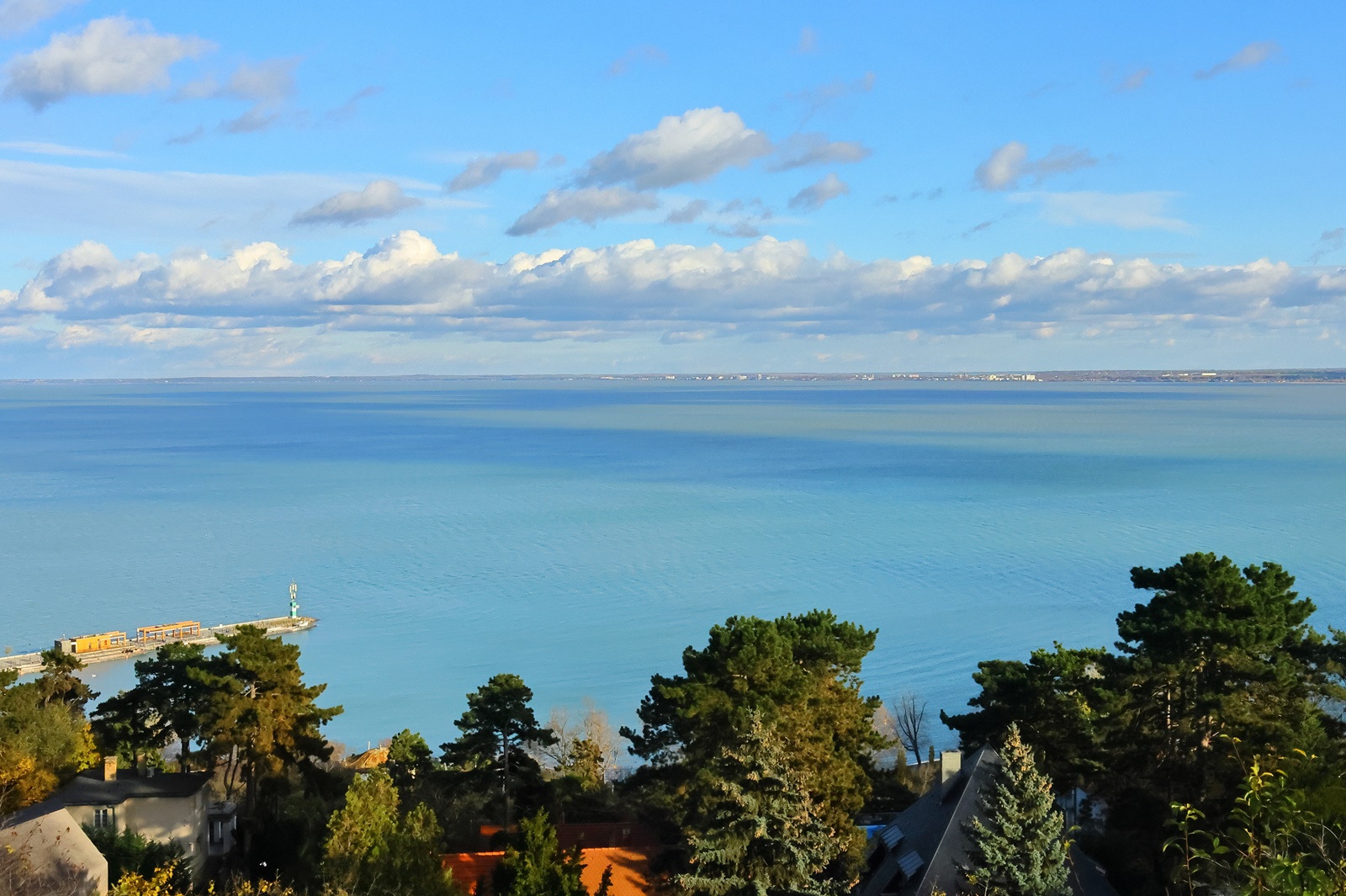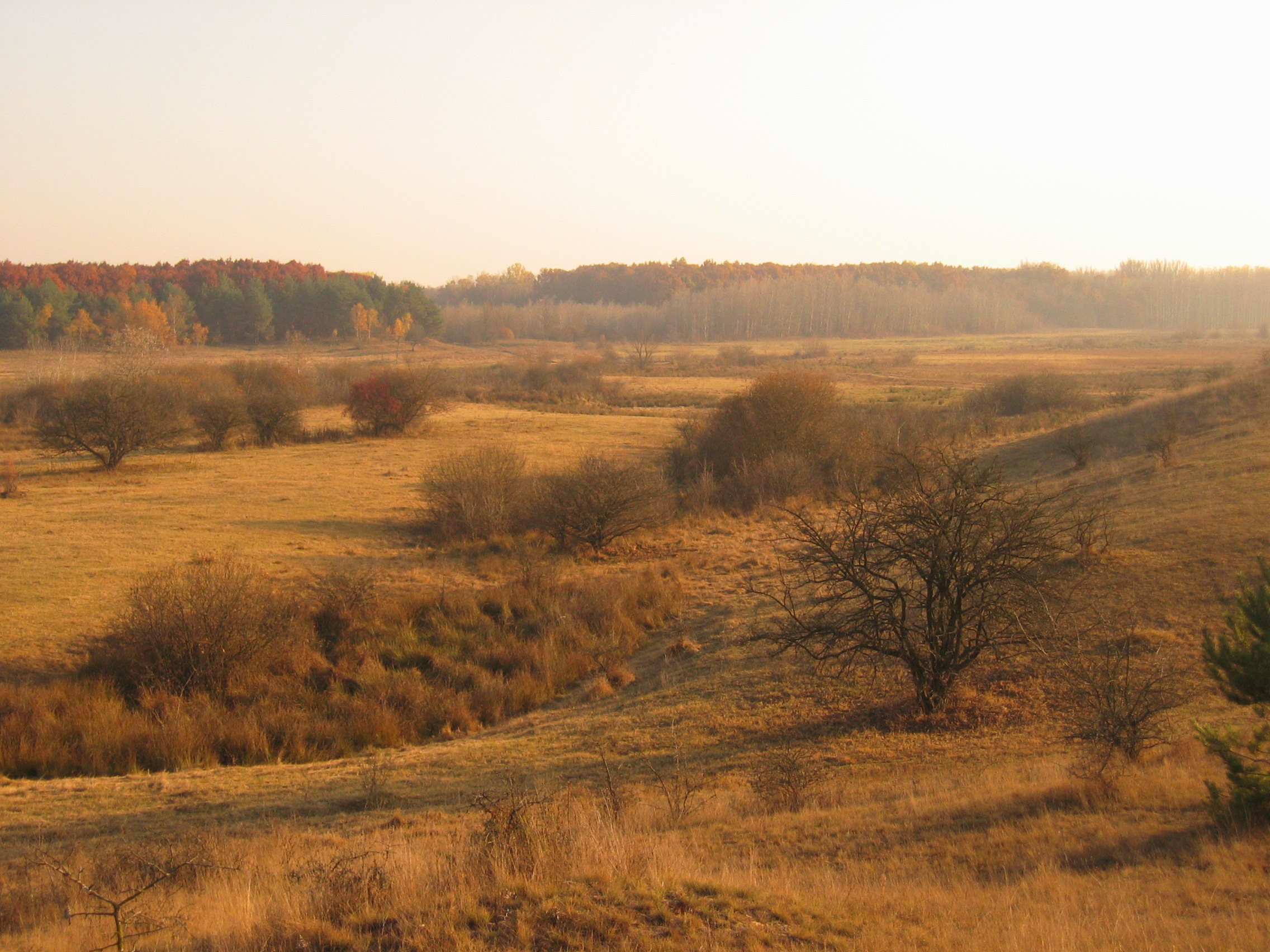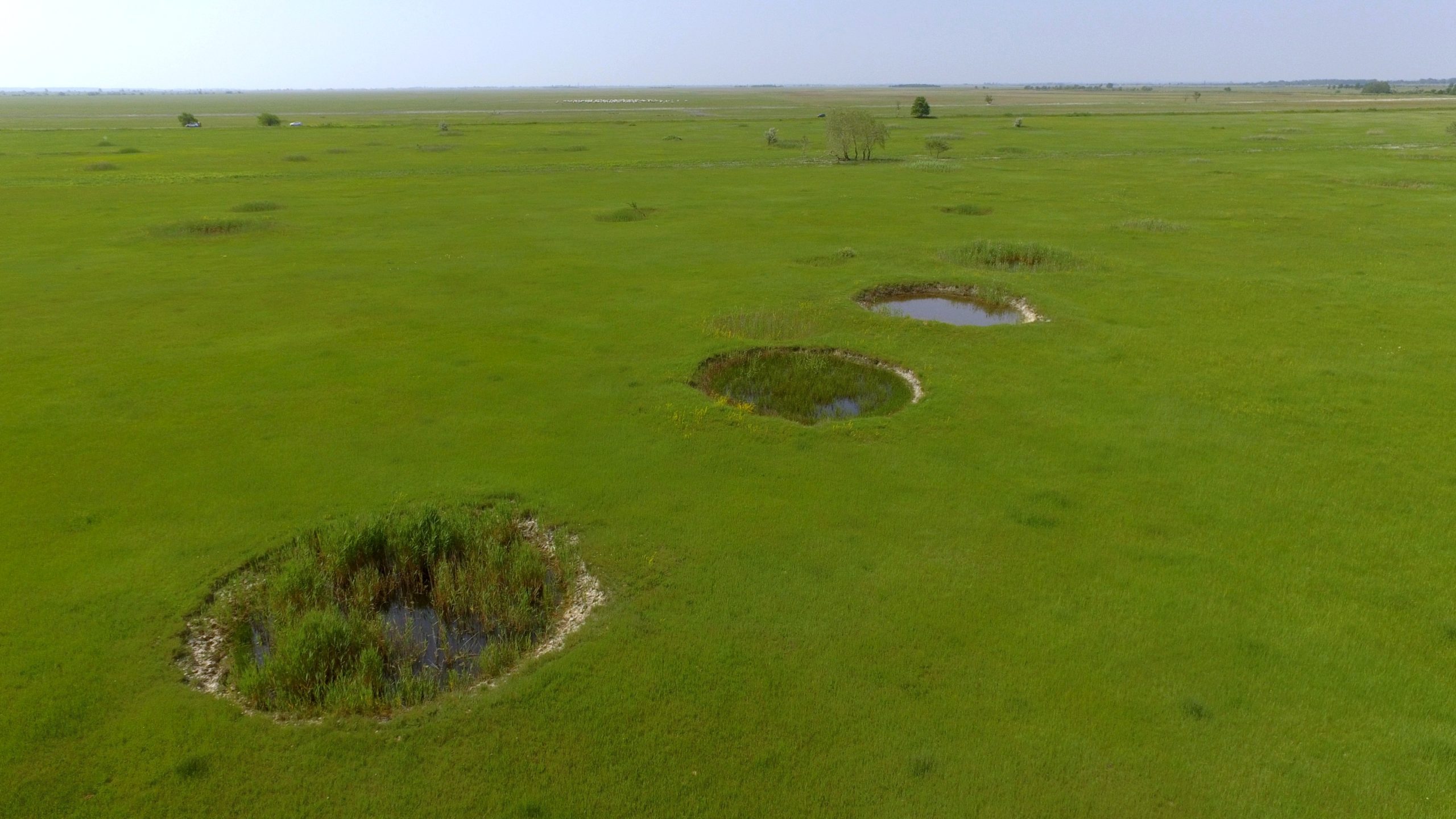András Báldi was elected Head of the Section of Organismic and Evolutionary Biology of Academia Europaea
András Báldi, research professor of the Centre for Ecological Research and a corresponding member of the Hungarian Academy of Sciences, has been elected Head of the Organismic and Evolutionary Biology Section of the Life Sciences Division […]
Traditional knowledge is local, but pastoralist’s principles are global
The understanding and importance of traditional ecological knowledge systems is increasingly recognised worldwide as a means to develop more effective policies in today’s crises, e.g. in nature conservation or grassland management. Zsolt Molnár, scientific advisor at […]
Co-seeding grasses and forbs supports restoration of species-rich grasslands and improves weed control in ex-arable land
The members of the ‘Lendület’ Seed Ecology Research Group of the Centre of Ecological Research followed the vegetation dynamics of artificially created grassland patches for several years. The researchers found that in the course of grassland-restoration […]
Tamara Szentiványi wins AXA Fellowship
Tamara Szentiványi, a research fellow in the Evolutionary Ecology Research Group of the Centre for Ecological Research, has been awarded a two-year AXA Fellowship research grant. Since its launch in 2008, the AXA Research Fund has […]
Evolutionary ecology of invasive mosquitoes
We are looking to hire a Postdoctoral Researcher for 24 months to work on a nationally funded (NRDI) project on the ecological causes and consequences of the spread of invasive mosquitoes in Hungary. BACKGROUND: Climate change […]
Appointment of Deputy Director
On the recommendation of the Director of the Institute of Aquatic Ecology, the Director-General of the Centre for Ecological Research appointed Péter Dobosy as Deputy Director of the Institute of Aquatic Ecology from 1 November 2022. […]
International Meeting for PhD students in Botany organized by the CER IEB researchers
Between 22-25 September 2022, the researchers of the Centre for Ecological Research Institute of Ecology and Botany (CER IEB), and members of the Hungarian Ecological Society (HES) organized an International Meeting for PhD students in vegetation […]
New ’Forefront’ project at the Centre of Ecological Research
The research project of Orsolya Valkó (CER, IEB, ‘Lendület’ Seed Ecology Research Group) was one of the ten funded Forefront projects by the National Research, Development and Innovation Office in 2022. The research funding will enable […]
Zsolt Molnár elected member of Academia Europaea
Zsolt Molnár, DSc, ethno-ecologist, scientific advisor of the Centre for Ecological Research and head of the Traditional Ecological Knowledge research group, has been elected a member of Academia Europaea. The Academia Europaea is a non-governmental association […]
A research group led by fellows from the Centre for Ecological Research summarized spatial priorities for freshwater biodiversity in Europe
A research group led by fellows from the Centre for Ecological Research created a comprehensive analysis on the freshwater biodiversity of Europe. They prioritised water catchments based on the conservation value of the species living there. […]
The role of microbial cooperation in the development of higher level organisation
István Zachar and Gergely Boza, researchers of the Institute of Evolution, ELKH Centre for Ecological Research (ÖK) investigated the role of cooperative interactions among microbial cells in the development of higher levels of organisation. They identified […]
The Ecology of Spider Sociality: A Spatial Model
Zsóka Vásárhelyi and István Scheuring, researchers at the Institute of Evolution, Centre for Ecological Research, and Leticia Avilés, a researcher at the University of British Columbia, studied the geographical distribution of spiders with varying levels of […]
Spectral sensitivity transition in the compound eyes of a twilight-swarming mayfly and its visual ecological implications
Researchers of the ELKH Centre for Ecological Research, Institute of Aquatic Ecology and the Institute of Biology of Eötvös Loránd University (ELTE) studied the spectral sensitivity of mayflies during their larval and adult life stages. Using […]
Eurasian crane (Grus grus) as ecosystem engineer in grasslands
Ecosystem engineer organisms alter the local environmental conditions and resource distribution in a way that they create and maintain habitats or microhabitats for other organisms. The engineered patches are characterised by different structure and functioning compared […]
Science and pseudoscience, art and dilettantism – on pandemics
How does a good scientist and a good artist recognize that a new and significant value has been created in their field? Why is it that this cannot always be immediately recognized in science and art? […]
Urbanization, anthropods and biological defense – natural control of insect pests is weaker in inhabited areas
At least half of the insect species on our planet feed on plants (i.e., herbivores). Insect pests among them pose one of the greatest threats to both cultivated and naturally occurring plants. Regulating their numbers is […]
New EASAC Report on European Regenerative Agriculture
The European Academies’ Science Advisory Council (EASAC), the Hungarian Academy of Sciences (HAS) and the Academia Europaea Budapest Knowledge Hub will present the EASAC’s latest report “Regenerative Agriculture in Europe” at a jointly organised public symposium […]
Inspiration and intuition in the light of music and evolution
30 April 2022 – Scholarly discussion, garden picnic and jazz concert during tulip blossom. Is there a cultural evolution, namely are there similar processes operating behind the changes in fashions and habits as those that drive […]
Career
Evolutionary ecology of invasive mosquitoes
We are looking to hire a Postdoctoral Researcher for 24 months to work on a nationally funded (NRDI) project on the ecological causes and consequences of the spread of invasive mosquitoes in Hungary. BACKGROUND: Climate change […]

